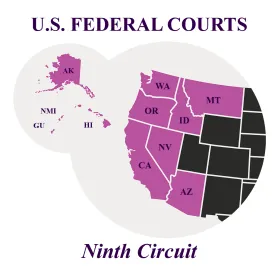In Yamasaki v. Zicam, LLC, Case No. 21-cv-2596 (N.D. Cal. 2021), Plaintiff alleged certain Zicam® cold remedy products were falsely advertised as “clinically proven to shorten colds.” On this basis, Plaintiff sought to represent a putative class of California consumers for seven different Zicam products. Zicam, represented by Proskauer, moved to dismiss Plaintiff’s amended complaint in its entirety. Judge Gilliam granted the motion, agreeing with Zicam that Plaintiff failed to state a claim for relief.
Under California law, a private litigant may not challenge advertising claims on the ground that the advertiser allegedly lacks substantiation for its claims. A private litigant must affirmatively allege that the defendant’s advertising is false. For example, in the Ninth Circuit’s precedential decision in Kwan v. Sanmedica Int’l, 854 F.3d 1088 (9th Cir. 2017), the Court expressly rejected the argument that “clinically tested,” “clinically proven,” or similar statements referring to the existence of studies to support an advertising statement should be subject to a different standard than other advertising statements.
In Yamasaki, the Court found that Plaintiff’s amended complaint lacked any factual allegations supporting a reasonable inference that Zicam’s “clinically proven” statements were false. While Plaintiff cited a variety of studies relating to zinc in her amended complaint, none tested a Zicam product, let alone found a Zicam product ineffective at shortening colds.
Plaintiff tried to overcome California’s bar on lack-of-substantiation claims with two arguments, both of which the Court rejected. First, Plaintiff argued that reasonable consumers would interpret “clinically proven” to mean there is a scientific consensus about the efficacy of the challenged Zicam products. Plaintiff alleged no such consensus existed because Zicam has not published its clinical studies (which are proprietary to Zicam) in a peer-reviewed journal. However, the Court found that Plaintiff failed to plausibly allege reasonable consumers would construe “clinically proven” to mean “scientific consensus.”
Second, Plaintiff argued that homeopathic products can never be clinically proven. The Court rejected this argument too, noting that Plaintiff did not actually plead this theory in her amended complaint. As a result, the Court found that Plaintiff failed to state a claim for relief and dismissed the amended complaint in its entirety. Plaintiff did not seek to amend her complaint and the Court subsequently dismissed her claims with prejudice.
Advertisers faced with a California consumer class action related to “clinically proven” claims should keep in mind the lack of substantiation bar.




 />i
/>i
